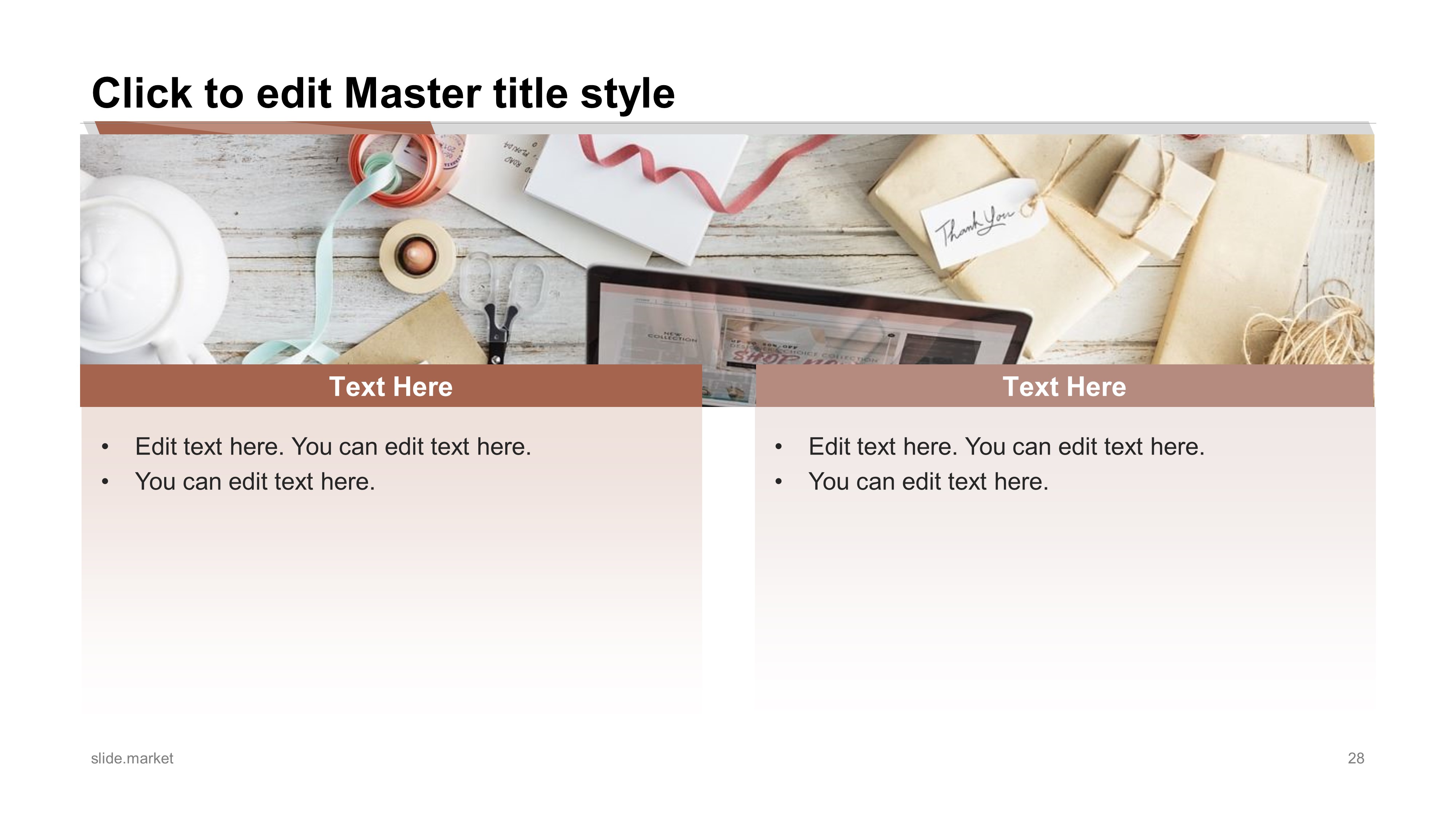
A snap general election in 2017 resulted in the Conservatives losing their majority and governing through a confidence and supply arrangement with the Democratic Unionist Party. Following the 2015 general election, the Conservatives formed a government with a small majority. In 2010, the Conservatives entered a coalition government with the Liberal Democrats. In the 1920s, the Labour Party became the Conservatives' main rival. In 1912, the Liberal Unionist Party merged with the party to form the Conservative and Unionist Party. Under Benjamin Disraeli, it played a preeminent role in politics at the height of the British Empire. The Conservative Party was founded in 1834 from the Tory Party and was one of two dominant political parties in the 19th century, along with the Liberal Party. It holds the annual Conservative Party Conference. The party currently has 356 Members of Parliament, 260 members of the House of Lords, 9 members of the London Assembly, 31 members of the Scottish Parliament, 16 members of the Welsh Parliament, 2 directly elected mayors, 30 police and crime commissioners, and around 6,654 local councillors. The party is on the centre-right of the political spectrum, and encompasses various ideological factions including one-nation conservatives, Thatcherites, and traditionalist conservatives. It has been the primary governing party in the United Kingdom since 2010.


It is the current governing party, having won the 2019 general election. The Conservative Party, officially the Conservative and Unionist Party and also known colloquially as the Tories, is one of the two main political parties in the United Kingdom, along with the Labour Party. ^ Councillors of local authorities in England (including 25 aldermen of the City of London) and Scotland, principal councils in Wales and local councils in Northern Ireland.

^ Mayor of London and nine combined authority mayors.


 0 kommentar(er)
0 kommentar(er)
